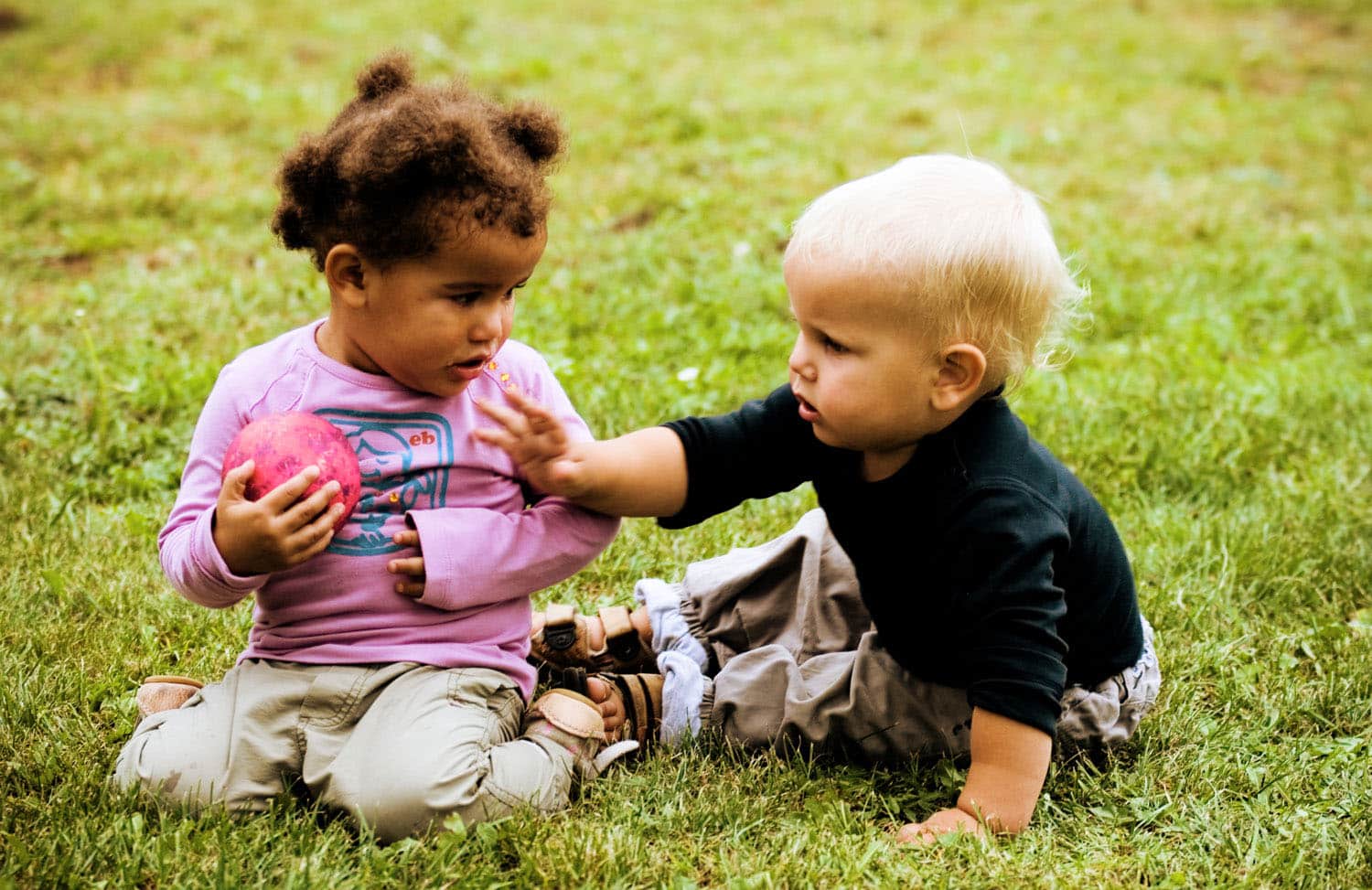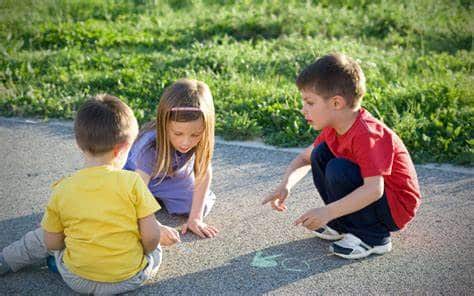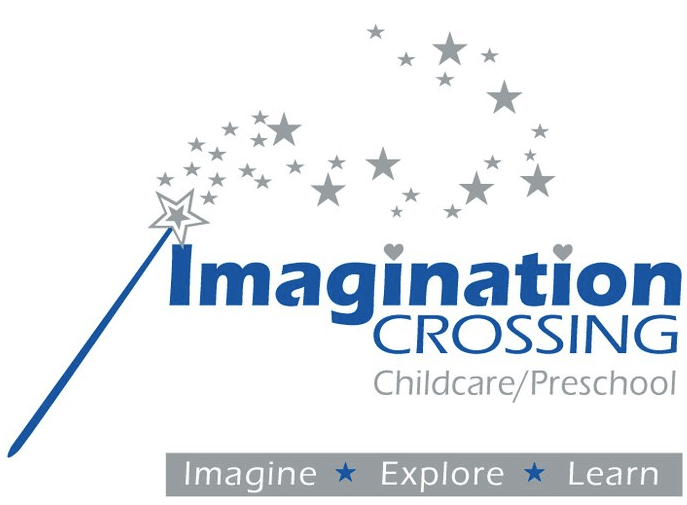Social-emotional development forms the cornerstone of a child’s overall well-being, influencing their ability to form relationships, regulate emotions, and navigate the complexities of the world around them.
Understanding the healthy steps of social-emotional development in young children is essential for parents and caregivers to provide the support and guidance needed to foster positive growth.
In this blog post, we’ll explore the critical stages of social-emotional development in young children and discuss how caregivers can nurture these vital skills.
Nurturing Social-Emotional Growth: Key Steps in Young Children’s Development
1. Bonding and Attachment (0-12 months)
- Establishing Trust: Infants form secure attachments with caregivers, laying the foundation for trust and emotional security.
2. Exploration and Curiosity (12-24 months)
- Sense of Autonomy: Toddlers begin to assert their independence and explore their surroundings with curiosity.

3. Self-Identity and Confidence (2-3 years)
- Developing Self-Awareness: Preschoolers gain a sense of self-identity and begin to express preferences, likes, and dislikes.
4. Empathy and Compassion (3-5 years)
- Understanding Others: Children develop empathy and begin to recognize and respond to the emotions of others.
5. Social Skills and Peer Interaction (5-7 years)
- Building Relationships: School-age children refine social skills, form friendships, and learn to navigate peer interactions.

6. Emotional Regulation (7-9 years)
- Managing Emotions: Children develop strategies to regulate their emotions and cope with stress and frustration.
7. Conflict Resolution (9-12 years)
- Problem-Solving Skills: Pre-adolescents learn to resolve conflicts, negotiate, and communicate effectively with others.
8. Empathy and Perspective-Taking (12-14 years)
- Understanding Complex Emotions: Teens deepen their empathy and perspective-taking skills, recognizing the feelings and experiences of others.

9. Identity Formation (14-18 years)
- Exploring Self-Identity: Adolescents navigate the process of identity formation, exploring their values, beliefs, and personal identity.
10. Peer Relationships and Social Dynamics (18+ years)
- Navigating Social Settings: Young adults establish and maintain meaningful relationships, navigate social dynamics, and develop a sense of belonging.

11. Emotional Resilience (Adulthood)
- Coping with Challenges: Adults cultivate emotional resilience, adapting to life’s challenges and setbacks with resilience and perseverance.
12. Empathy and Compassionate Leadership (Adulthood)
- Leading with Empathy: Adults demonstrate empathy and compassion in their interactions, fostering supportive and inclusive environments.
13. Maintaining Healthy Relationships (Adulthood)
- Nurturing Connections: Adults prioritize communication, mutual respect, and trust in maintaining healthy relationships with partners, family, and friends.
14. Self-Reflection and Personal Growth (Adulthood)
- Continual Learning: Adults engage in self-reflection, seeking opportunities for personal growth, and self-improvement.
15. Contributing to the Community (Adulthood)
- Social Responsibility: Adults contribute positively to their communities, advocating for social justice, and supporting those in need.
Understanding the healthy steps of social-emotional development in young children is essential for parents and caregivers to provide the support and guidance needed to nurture these vital skills.
By fostering trust, empathy, resilience, and positive relationships, caregivers lay the foundation for children to thrive emotionally, socially, and academically.
As children progress through each stage of development, caregivers play a crucial role in promoting a positive and nurturing environment that supports their social-emotional growth and well-being.
